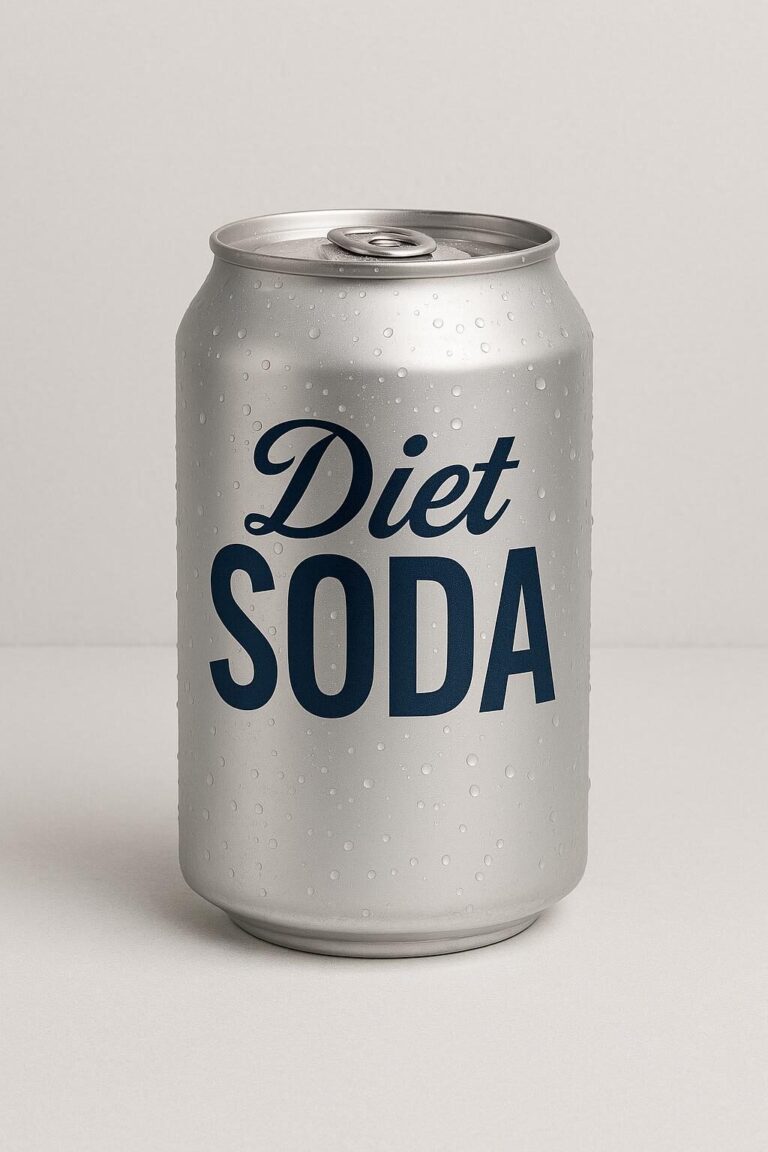
The #1 Weight Loss Mistake You Don’t Want to Make!

As I celebrate 17 years working with our patients at CNC, I find myself reflecting on how much I love the center – our staff and our patients feel like my family! And, as with my actual family, I have a great desire to see my patients succeed! Over the years I’ve seen countless amazing success stories – people losing and keeping off profound amounts of weight, but even more importantly, improving their health and the quality of their lives.
Unfortunately, I’ve also seen many people struggle with regaining not only all the weight they lost, but even more.
Obesity is now recognized as a chronic, progressive disease. This is no different from other chronic diseases like high blood pressure or type 2 diabetes. Chronic diseases get worse over time.
Unfortunately, a lack of acceptance of this fact puts a person at high risk for regaining any lost weight. Why? Let me explain. It is very rare indeed a patient tells me, “Dr. Lazarus – I am happy with my weight!” Instead, no matter how much a person loses, they want to lose more. If 10 pounds is lost, the person wants 20. 20 – they want 35. 50 – they want 100. Even 100 pounds – they want 125 pounds. It feels like we never get “there.” This strange visit goes like this – I say, “Congratulations! You’ve done an amazing job! I’m so proud of you for losing 20% of your weight! Your blood pressure is improved, your diabetes is in remission, and you’re fitting into clothing and doing things you haven’t done in years!” All too often, the response is, “Yeah – but I’m not satisfied. If I can just lose 25 more pounds, then I’ll be satisfied.”
This type of thinking reinforces a failure mentality. People have a belief that if they just eat a certain way and move a certain way, they can reverse decades of history and be back at any weight from their past that they’d like – High School, for example. But unfortunately, that’s not how life works. We can’t undo a heart attack. We can’t undo cancer. We also can’t undo obesity. We can treat obesity to prevent a heart attack or cancer, but it will continue to be a chronic, progressive disease. The above thinking usually leads to a feeling of failure, and patients stop treatment because “It didn’t work.” Well, it did work – but the patient was unable to accept this as a successful result.
If you’ve lost weight and become frustrated that you couldn’t get to your “goal,” then suffered through regaining not only the lost weight but even more, have you ever thought to consider perhaps the problem was not you, but in fact the problem was the goal itself?
The goal of treating high blood pressure is to prevent a heart attack, stroke or heart failure. Similarly with diabetes, the goal is to prevent a heart attack, loss of limb, blindness or dialysis. The goal of treating obesity should be to prevent the 236 known obesity-related medical problems (including 13 types of cancer), to decrease joint pain, improve energy, look better, to enjoy the fullness of life. These things are not tied to a particular weight on the scale, contrary to popular belief.
This year, instead of having a goal “weight,” why not have a goal “lifestyle.” The lifestyle should include healthy eating, enjoyable movement, optimal medical management, and a support system to help you achieve these goals. After all, isn’t that what this is all about?
Happy New Year, and we look forward to helping you achieve success!





Dr. Lazarus … this is an extremely honest and helpful article. Thank you for sharing this valuable insight.
I’ve been a patient at CNC even longer than you’ve been a a doctor at CNC! What you’ve described in your article pretty much sums up the problems I’ve had with weight loss and weight gain for decades. Because of the help I’ve received at CNC, I keep trying and refuse to give up! I’m grateful to you and your staff for all the patience and encouragement you give. You all feel like family to me too.
Thank you, Maureen BeDillon
Thank you so much for the comment, and also for sticking with me all these years! 🙂
The Sin of self blame, dieting and lack of encouragement have been part of many lives who struggle with weight loss. It is particularly difficult when one has good intentions but falls away from healthy eating habits to one that includes sugar and carbs.
I’ve done this time and again and look forward to returning to CNC very soon
to begin my weight loss journey once again. Thank you Dr Lazarus and to your staff for your consistent meaningful help for those of us who are obese!
Hi Mary – so nice to hear from you. You are not alone in these feelings – I speak to people who feel the same way every day! I will look forward to seeing you again soon 🙂 Thanks so much for the comment. I am going to try and write articles next month on getting over the fear of messing up, getting beyond perfectionism… The quest to be perfect has destroyed many well-intentioned weight loss successes.